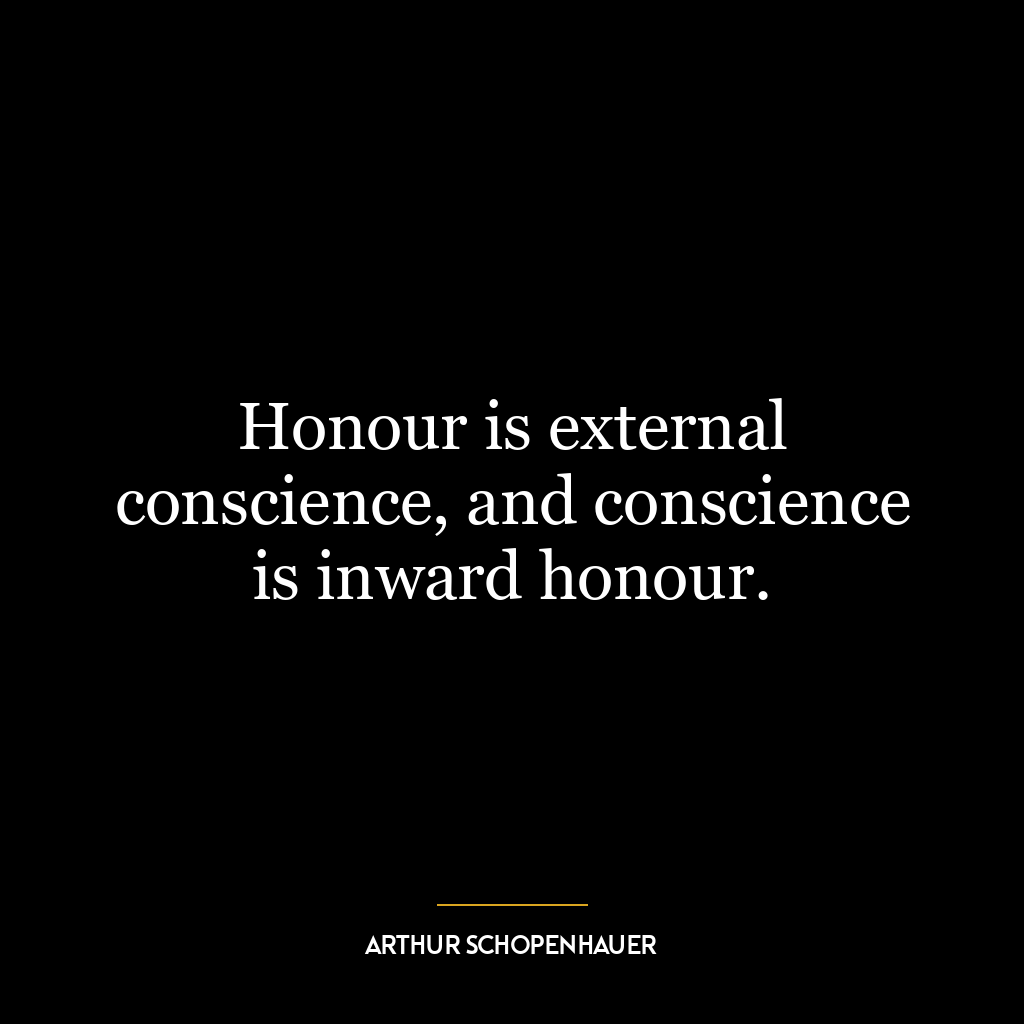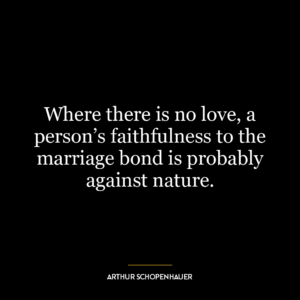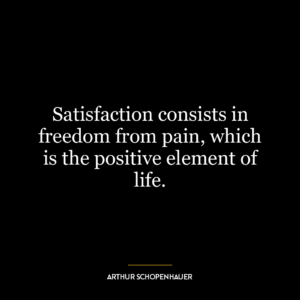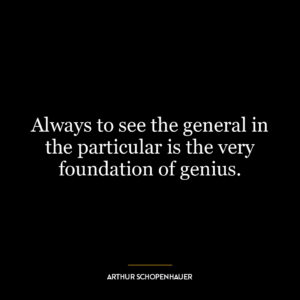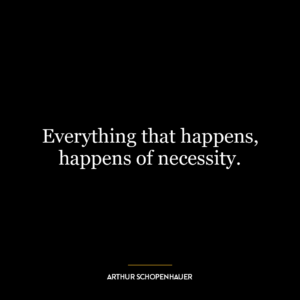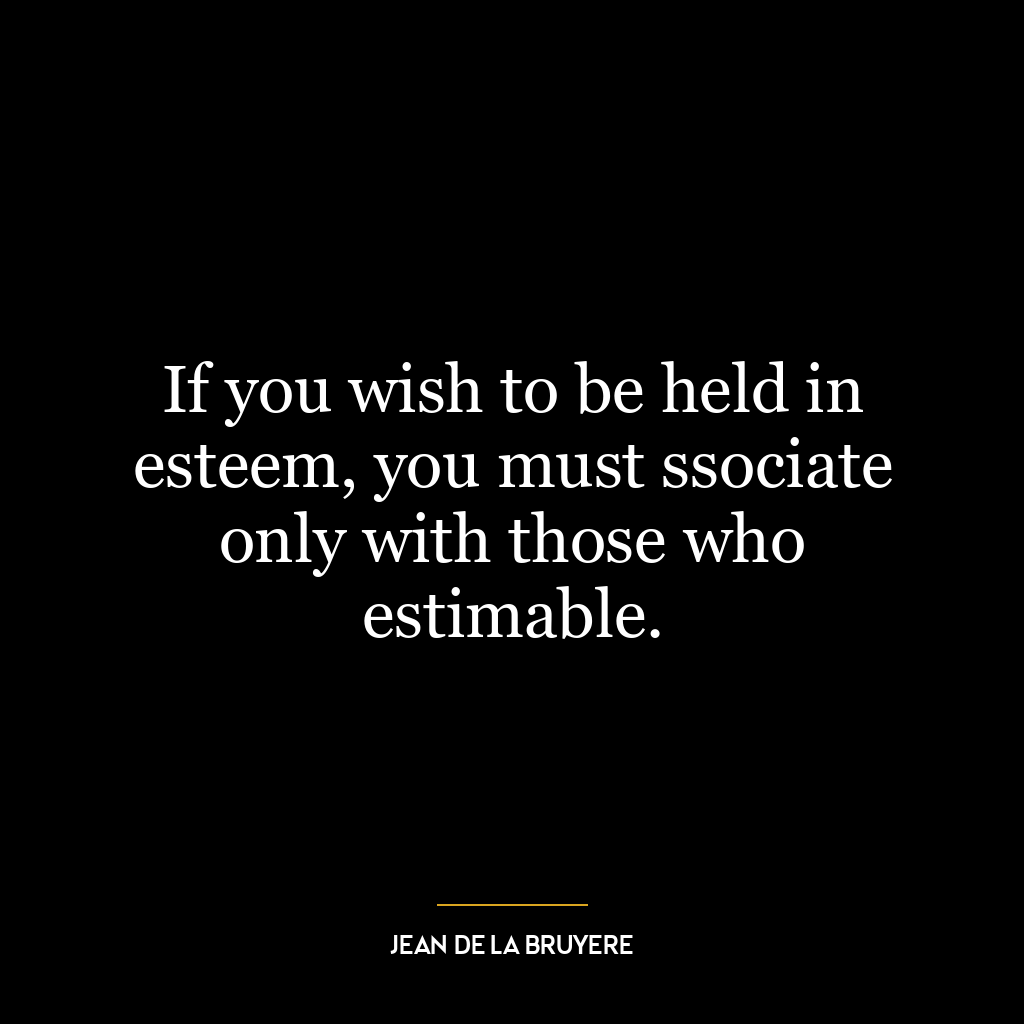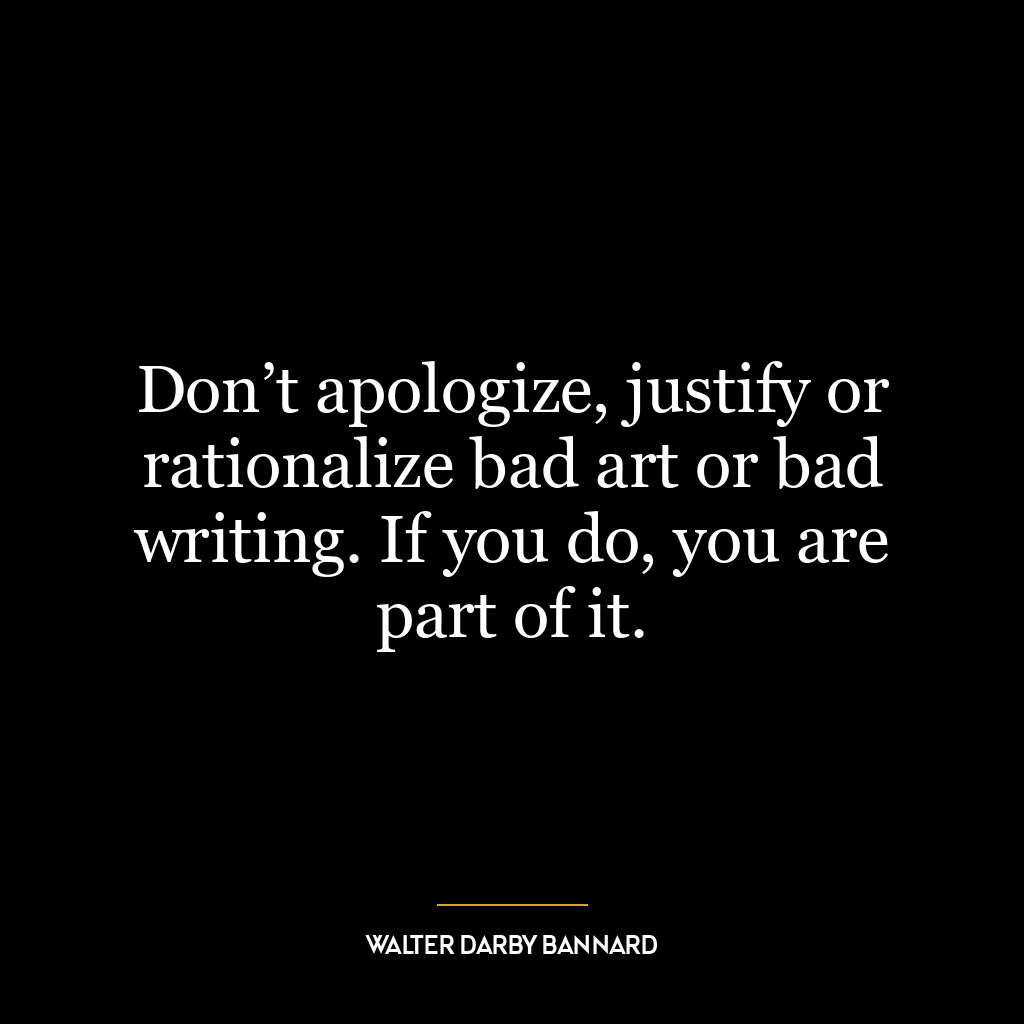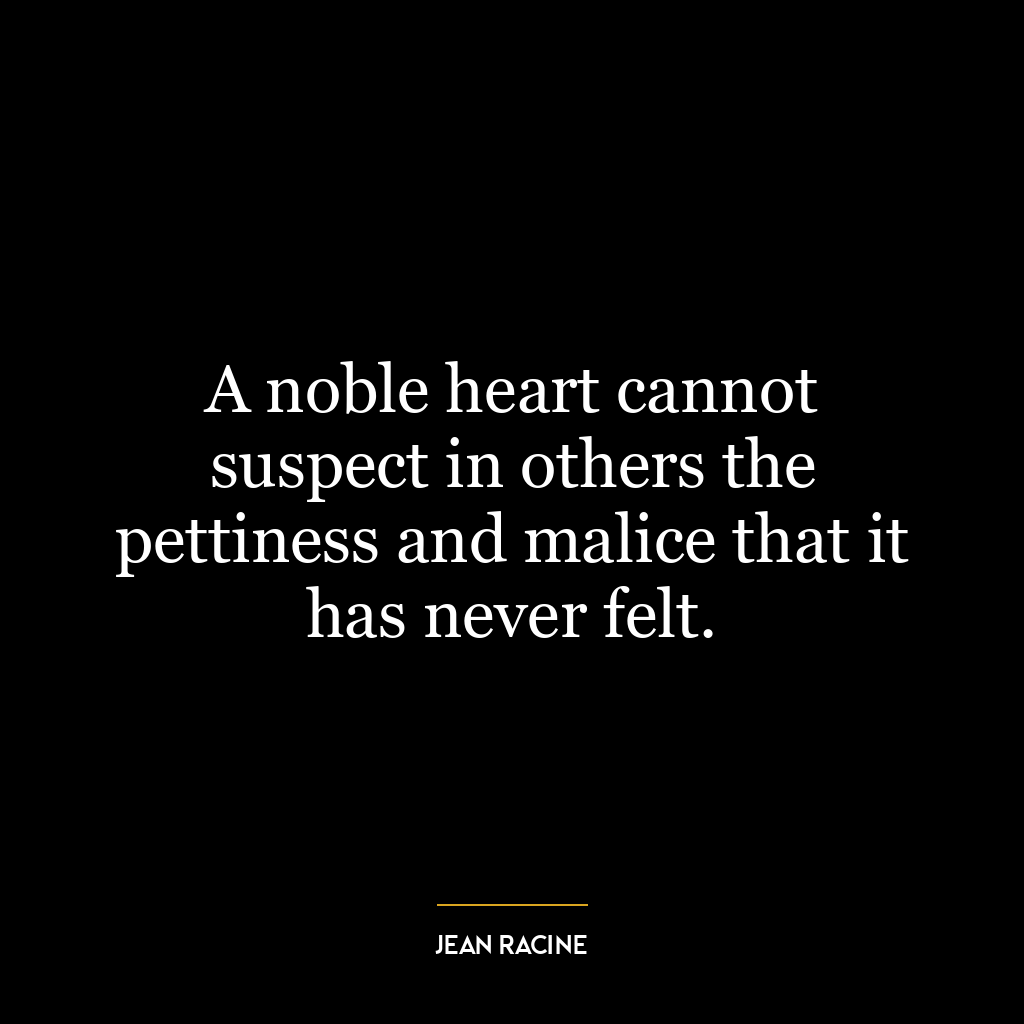Honour is external conscience, and conscience is inward honour.
This quote beautifully encapsulates the interplay between the concepts of honour and conscience. It suggests that honour and conscience are two sides of the same coin, each reflecting the other but in different realms – the external and the internal.
“Honour is external conscience” means that the way we conduct ourselves in the world, the way we treat others, and the way we uphold our values and principles in our actions, is a reflection of our inner conscience. It’s our conscience that guides us to act honourably. When we act with honour, we are effectively externalising our internal moral compass, making it visible to others.
On the other hand, “conscience is inward honour” means that our inner moral compass, our sense of right and wrong, is a reflection of our understanding and definition of honour. Our conscience is shaped by the honourable values and principles that we hold dear. It’s our internal barometer of honour, guiding us to act in ways that align with our sense of honour.
In today’s world, this idea is particularly relevant. We live in a time where our actions are more visible than ever before, thanks to social media and the internet. As such, the concept of honour as an external manifestation of our conscience is more applicable. Our actions, words, and behaviours are constantly being scrutinised, and it’s important that they reflect our true values and principles.
In terms of personal development, understanding this interplay between honour and conscience can guide us to act more authentically and ethically. By aligning our external actions (honour) with our internal values (conscience), we can foster a sense of integrity and authenticity. This can lead to increased self-respect, self-esteem, and overall personal growth. It also helps us to build trust and respect with others, as they can see that our actions are a true reflection of our values.

